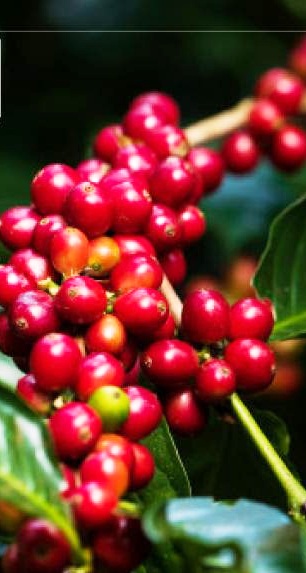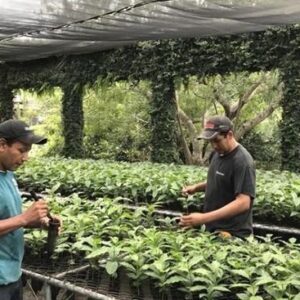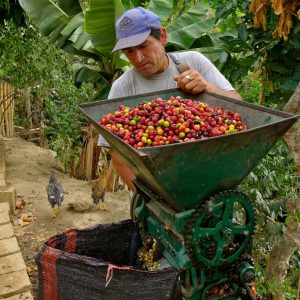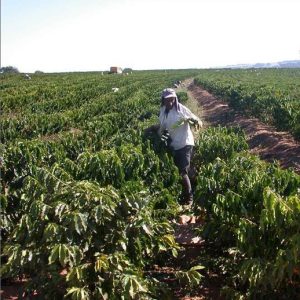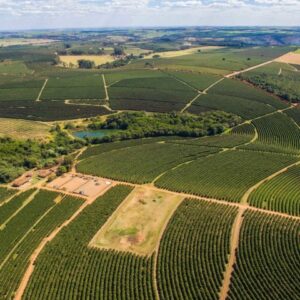Description
Region Area: Guji, Oromia, Uraga,
Harsu sala village
Process:Washed
Variety: 74110 JARC variety
Washing Station: Harsu sala
Producer: Bisrat Melaku
Picking method: Hand-picked
Drying technique: African raised beds
Drying period: 5-8 days
Altitude: 1900-2300 MASL
Cupping Profile
Dark chocolate, Almond & red apple
-
Guji Coffee Export PLC: Owned and operated by Girma Edema, who has over 20 years of experience exporting coffee from the Kercha district within the Guji Zone. This company manages washing stations where cherries are sorted, processed, and dried on raised beds for 15–20 days. The coffee is then milled in Addis Ababa for export.
-
Sakicha Coffee Exporter: A private limited company that operates washing stations across Ethiopia’s premier coffee regions, including Guji. Sakicha sources, processes, and exports both washed and natural green beans, emphasizing quality and traceability. Their operations in the Guji region, particularly in areas like Sakicha village (altitude 2,050–2,200 meters), focus on producing high-quality specialty coffee with intense flavor profiles.
-
Testi Coffee: Founded in 2017, Testi Coffee works with over 500 smallholder producers in the Guji Zone, processing both washed and natural coffees. They are recognized for producing stellar coffees, including natural-processed Guji varieties, which are exported to international markets.
-
Other Exporters and Cooperatives: Many Guji Chebega coffees are exported through cooperatives or private washing stations that bypass the Ethiopia Commodity Exchange (ECX) to ensure better traceability and premiums for farmers. For example, the Dararo Farmer’s Group was created to supply traceable micro-lots directly from producers, navigating Ethiopia’s complex export regulations. Additionally, exporters like Phyllis Johnson’s BD Imports have been instrumental in highlighting Guji coffees on the international stage, often working with local washing stations to ensure quality.
-
Cultural and Historical Significance: The Guji Zone is home to the Oromo people, who have a long tradition of coffee cultivation dating back centuries. Coffee is deeply embedded in their culture, with legends attributing its discovery to the Oromo sky god Waaqa. The region’s coffee farming remains largely traditional, with smallholder farmers intercropping coffee with other plants to promote biodiversity.
-
Export Challenges: Ethiopia’s coffee export process is complex, with the ECX historically managing most smallholder transactions. However, since 2021, regulations allowing vertical integration have enabled direct contracts between producers and exporters, improving traceability and farmer compensation. Exporters like those mentioned above often work closely with washing stations to ensure quality and compliance with international standards, such as the European Union Deforestation Regulation (EUDR).

